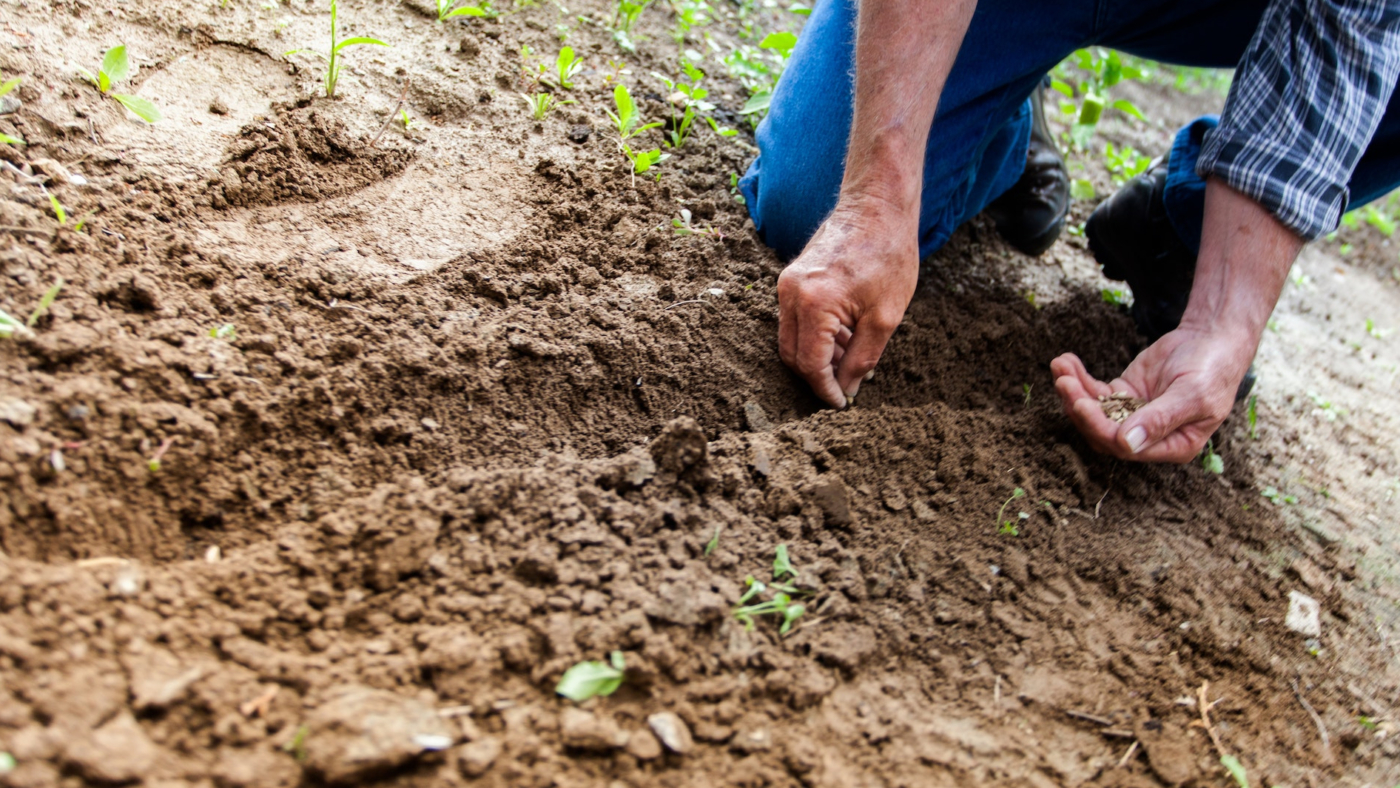Socio-cultural:
• Integrated with the socio-economic fabric of the rural tribal society
• Community based practice-equity
• Plays a central role in uniting villages & clans, and integrating the people
• Egalitarian mode of production, with women playing an important economic role
Economy:
• Food sufficiency rather than income generation
• No organized market infrastructure; only 2% boundary shared with mainland
• Prevents the farmers from accessing the large market outside the region
• Local modes of commerce
Ecological:
• Sustainable
• Appropriate crop-mix or short duration crops for maintenance & enhancing the soil fertility status
Organic farming practices of the farmers in most of the NE States are through application of a set of cultural, biological & mechanical practices that support the cycling of on-farm resources, promote ecological balance, and conserve biodiversity. These are as follows:
• Maintain & enhance soil & water quality
• Conserve wetlands, woodlands & wildlife
• Avoid use of synthetic fertilizers
• Use of organic seeds, mostly from their traditional own stock to protect integrity of their crops
• Crop rotation, so as to interrupt the insect life-cycle & suppress soil borne plant disease, prevent soil erosion & build organic matter
• Manage pests, weeds & diseases


